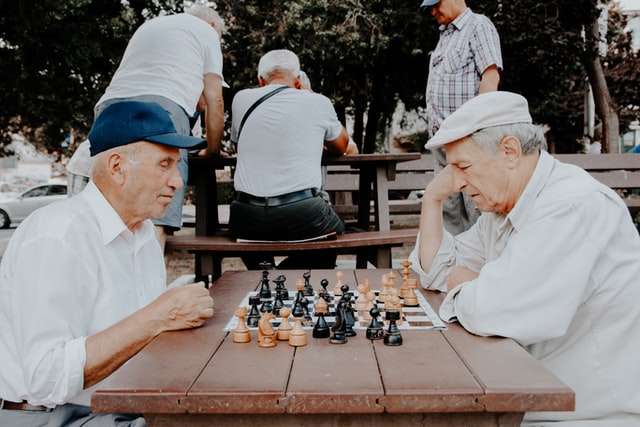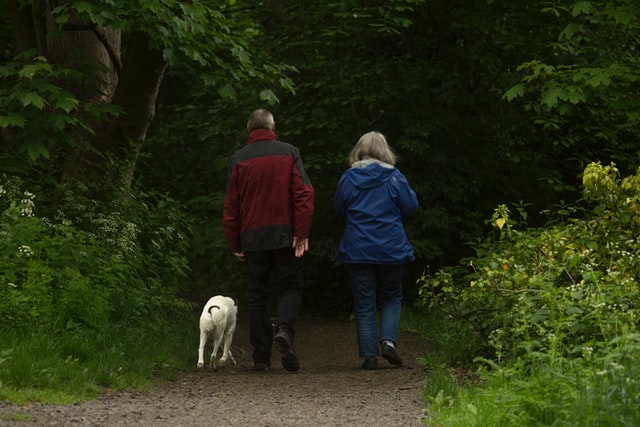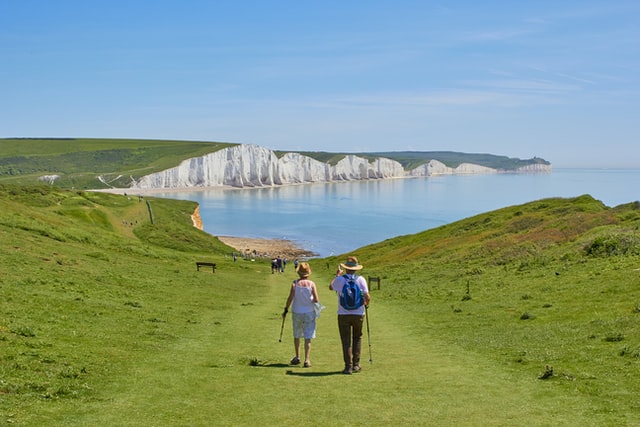Beating the (Conun)drum of Life After Retirement
By evaluating our anxieties post-retirement, we can gradually transform them into acceptance, happiness, and inner peace

Credits: Vlad Sargu
July 08, 2022
Many of us imagine life after our retirement to be a time for relaxation. A time when we would be free from all our professional responsibilities and live peacefully.
However, some conversations with the older members of our society may burst this bubble of ours.
In this article, we will try to gain a better understanding of the harsh realities of life after retirement, as well as learn some useful methods to avoid feeling a sense of void in later life.
Retirement is a phase in one’s life where one is in control of their time. At this juncture, a person can focus on their inner world i.e., their feelings and emotions. Striving for perfection outside of oneself takes a backseat. So, it is the best time to help yourself reach self-satisfaction, a time to take care of old wounds and heal from the sufferings of the past. By evaluating anxieties, you can gradually transform them into acceptance, happiness, and inner peace.

Credits: Diana Parkhouse
Ever wondered about the retirement age of 60? Who decided it and why?
This is because of a natural physical and mental deterioration that takes place in our bodies gradually at the age of 60 and after. Physical decline such as difficulty in walking, hearing or vision deficit, weaker joints, heart problems etc. begin to unfold. Simultaneously, mental decline corresponds to the cognitive deficit, memory loss, lack of problem-solving abilities, difficulty in decision making, etc.
Erik Erikson in his psychosocial developmental theory describes eight stages of human development in which, stage 8 represents a conflict between ‘Integrity’ and ‘Despair.’ Herein, integrity is defined as a stage where an older individual looks back at their life experiences with a sense of accomplishment and fulfilment. On the other hand, despair refers to feelings of regret, shame, disappointment towards life. This is life after retirement in a nutshell. We need to make a better choice of how we experience our lives and how we feel about them. One can either choose to embrace their imperfections or disregard even the best of their qualities.
Life after retirement doesn’t correspond to life at ease. It is rather giving yourself time to heal, acknowledge, and appreciate the hardships of life. Appreciate your survival, overcome your insecurities, and the past, and be at peace with your present and future.
Retirement offers time for owning yourself, working, thinking for yourself, following your passion, and living for yourself; the self which was left unnoticed until now.
If you or someone you know are undergoing this transition, here are some activities or suggestions which can help to live a better life!
First, join and commit to new activities or routines such as exercise, walking, yoga, (chair yoga if one experiences difficulty moving), gardening, reading, meditation, learning a new skill, etc. These promote better mental health.
Second, keep yourself young! Take yourself out, explore your city, whether with your family or other agemates.

Credits: Marc Najera
Spend time with the youngsters by way of conversations or watching something together. Keep yourself updated with the events in the country and world. This brings a sense of semblance and confidence.
Interestingly, some researchers have reported an abbreviation of the word RETIRE, where
- ‘R’ stands for ‘review’ depicting time to review one’s progress and reflect on past experiences.
- ‘E’ stands for ‘emotion’ where older adults should successfully give time to their selves to process, understand and accept the emotions they are currently going through.
- ‘T’ stands for ‘travel’ which means to visit the places one has dreamed of visiting, revisit the places one loves the most, relive the memories and embrace them.
- ‘I’ stand for ‘induce’, where one should work on oneself, learn from past experiences, be open and accepting about what has happened and be the change.
- ‘R’ stands for ‘Religion’, it refers to a pinch of spirituality and peace, engaging in spiritual activities, imbibing positive thinking and thoughts to live a happy life.
- Lastly, ‘E’ stands for ‘Exercise’ which is the most important component at every stage of life! Move your body and adopt a healthy lifestyle for yourself.
- It is also essential for youngsters to come together to help the older members of the society and help them in their post retirement life.
Author: Rakhi Gupta is Teaching & Research for Intellectual Pursuit (TRIP) fellow at JIBS.
